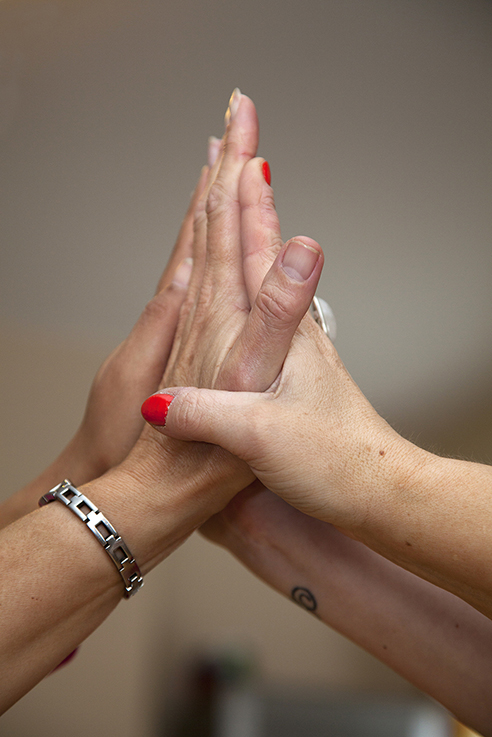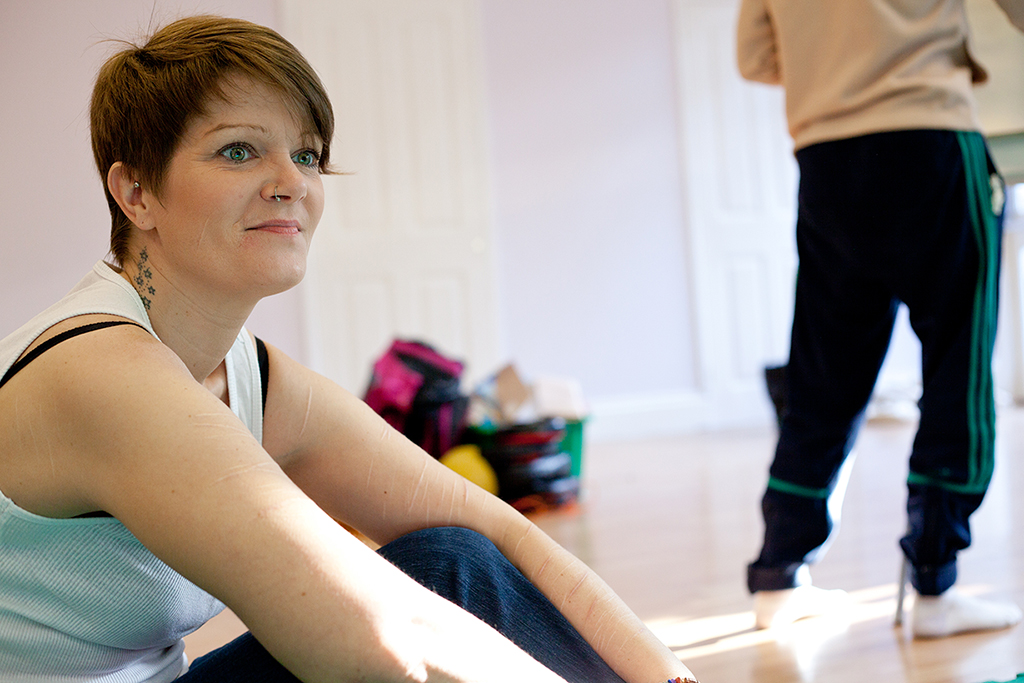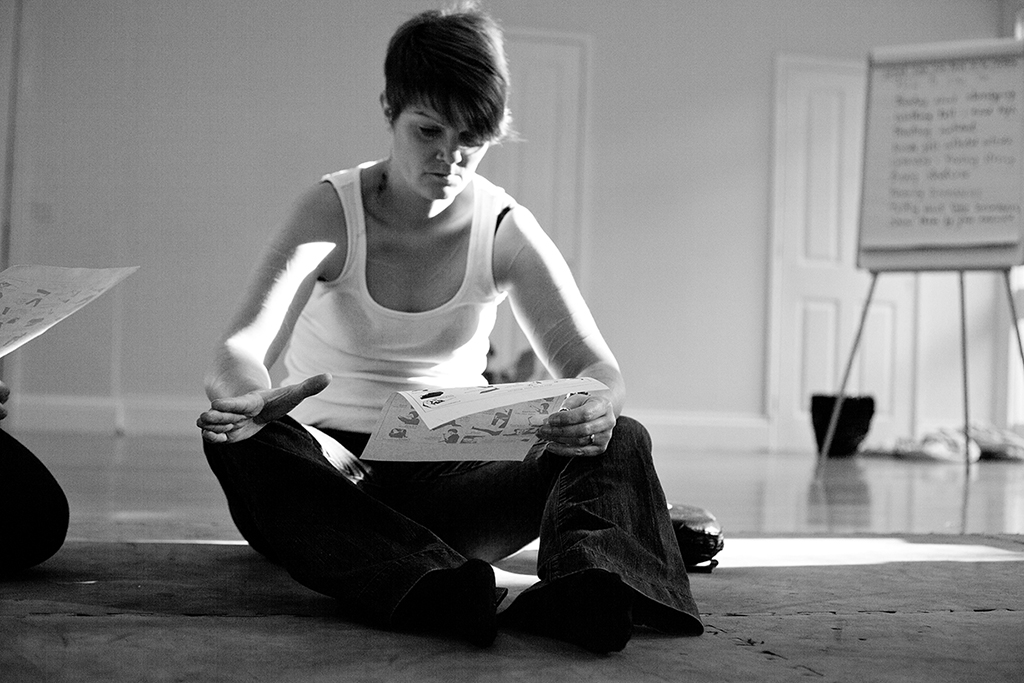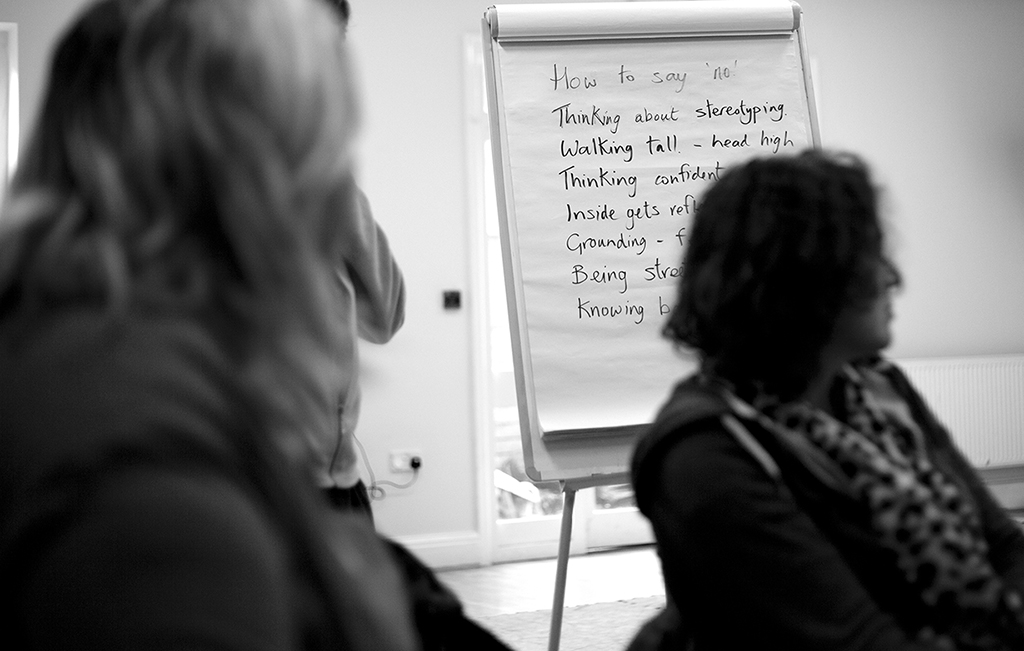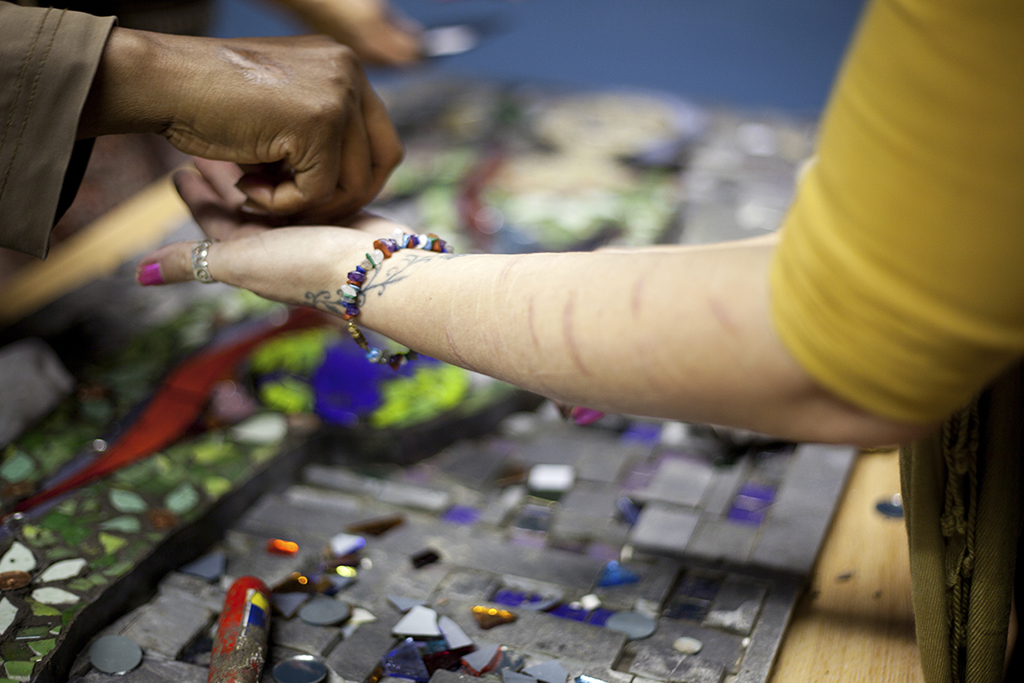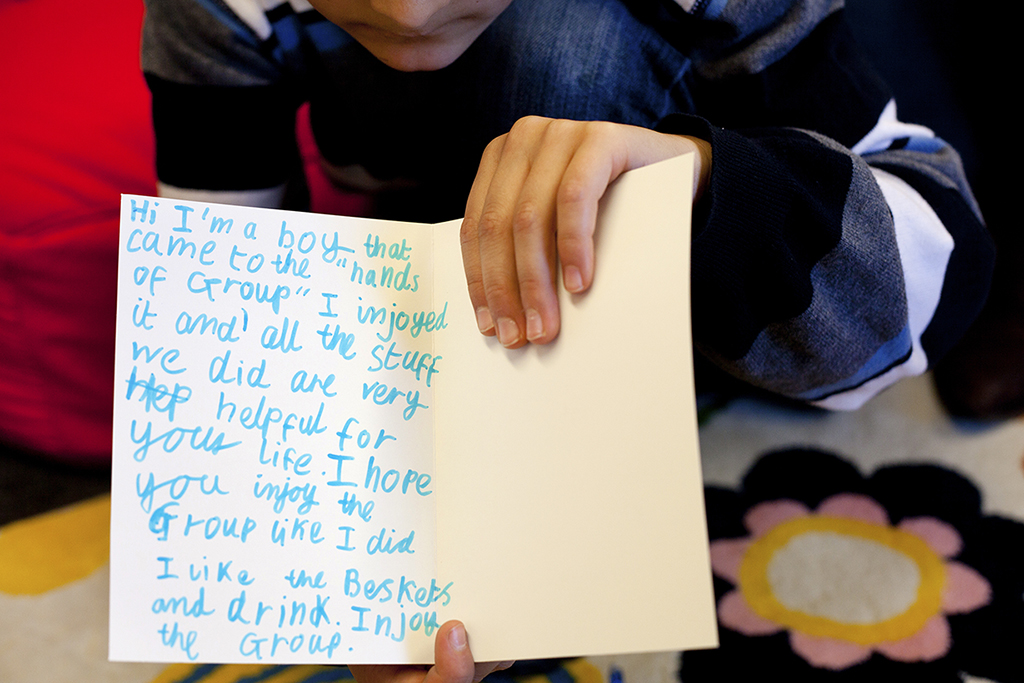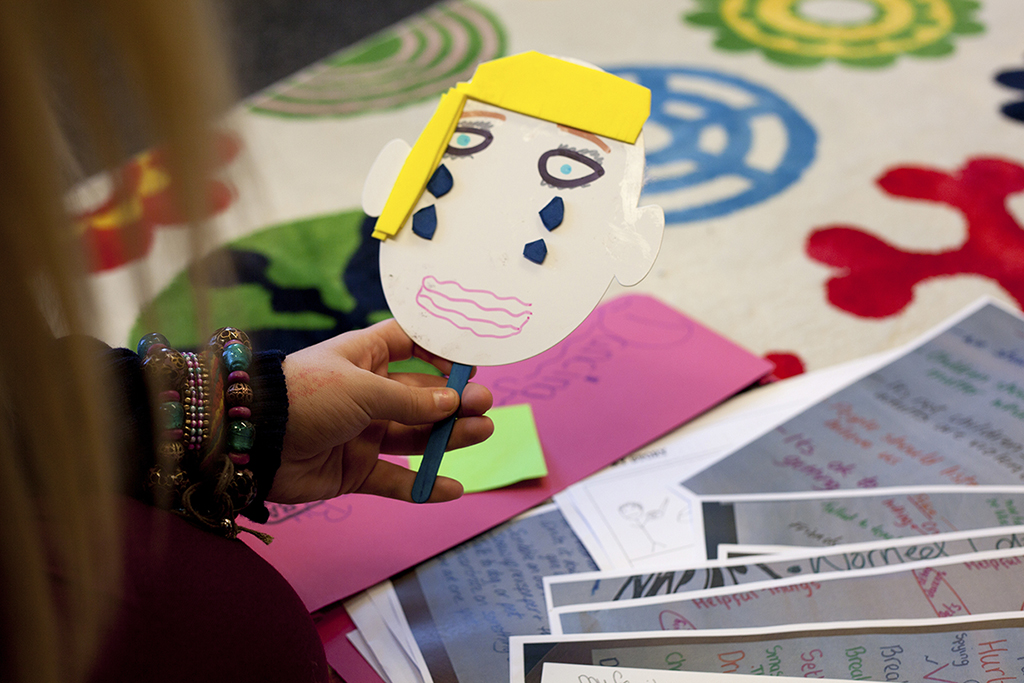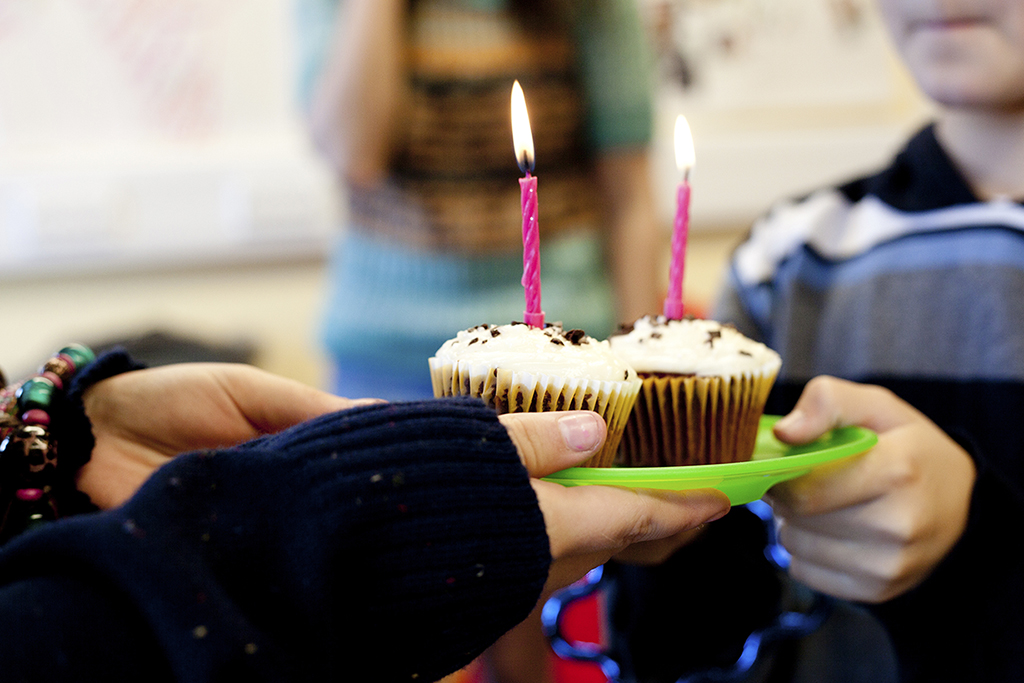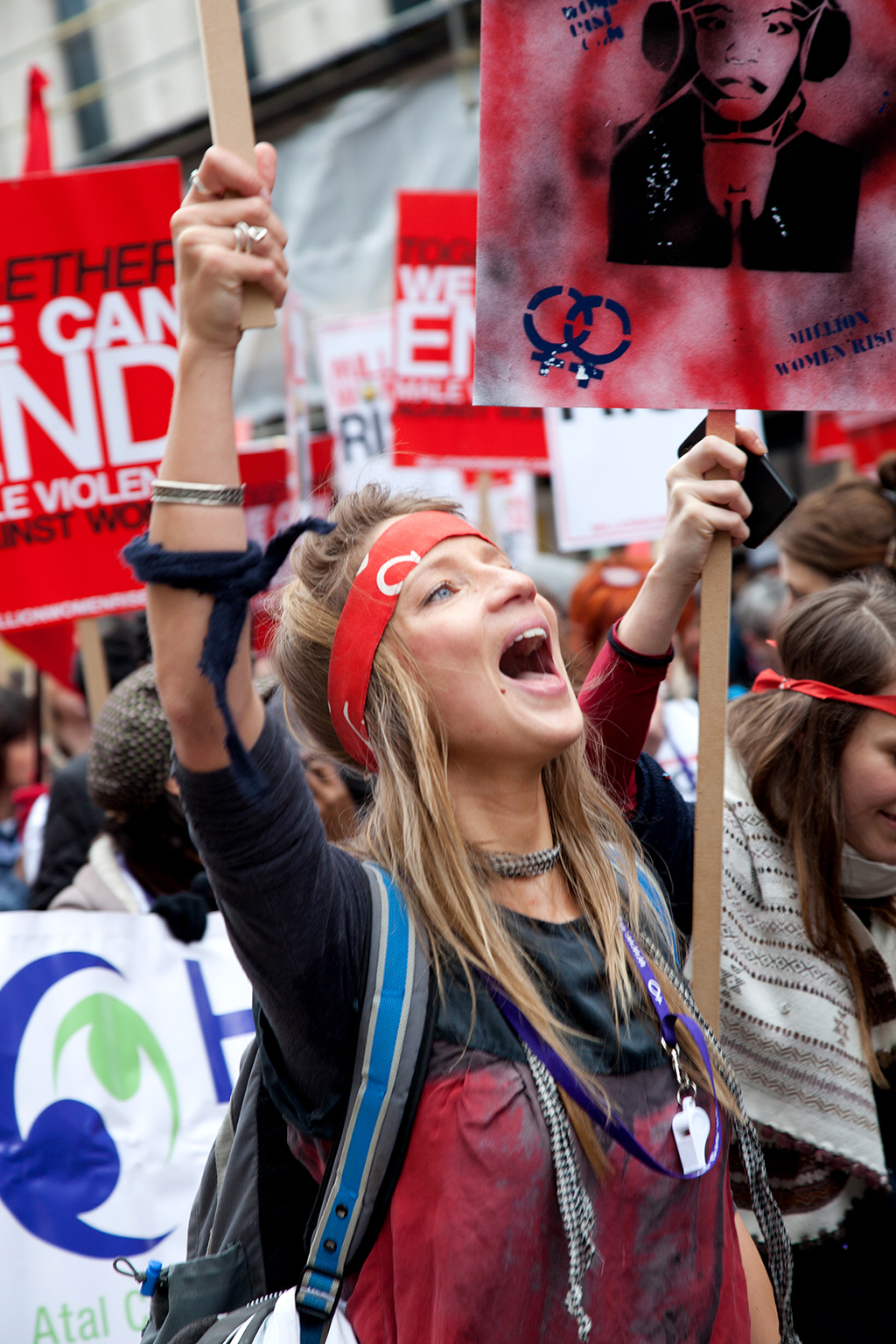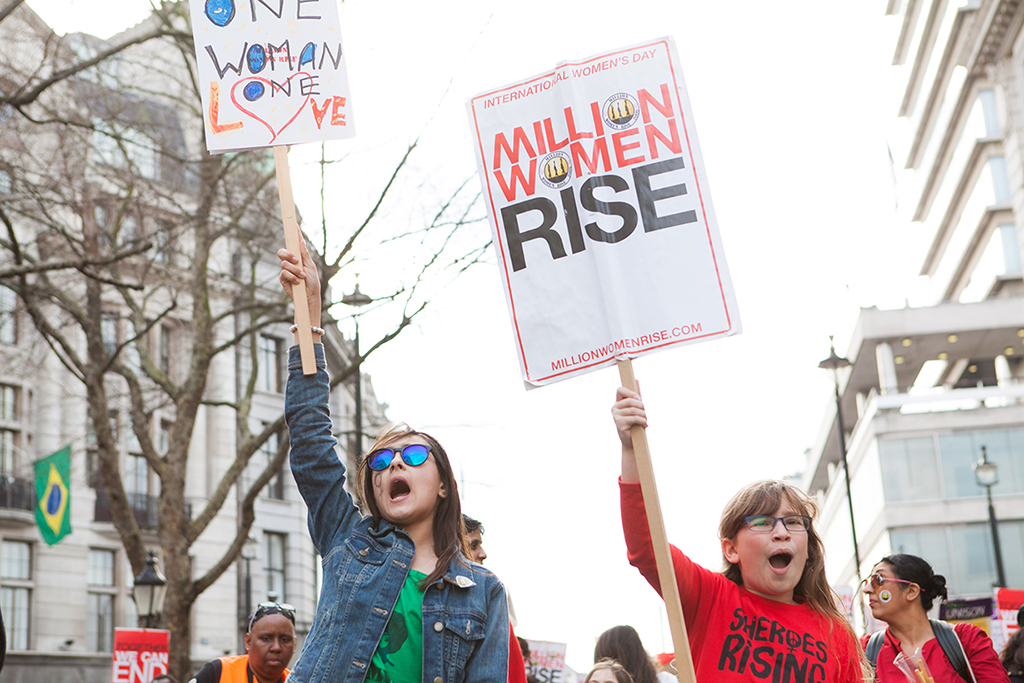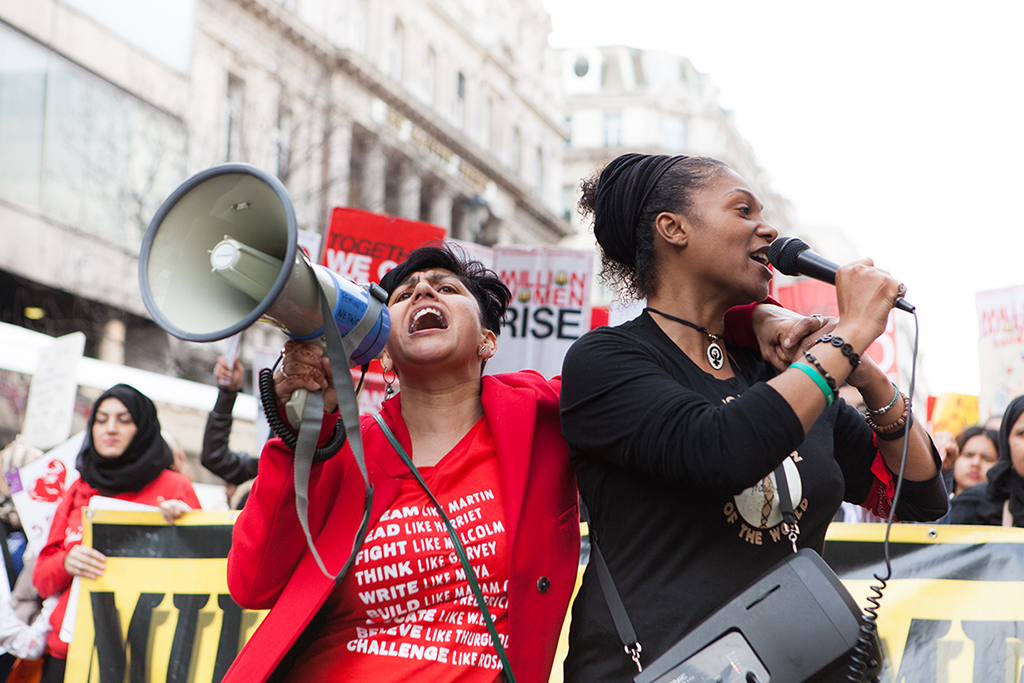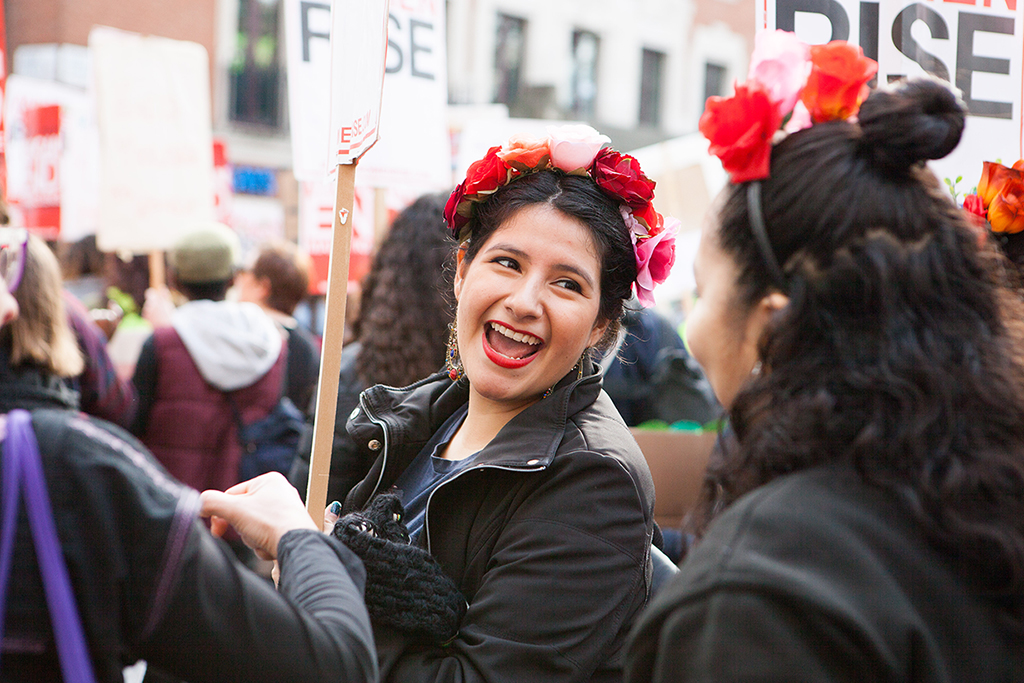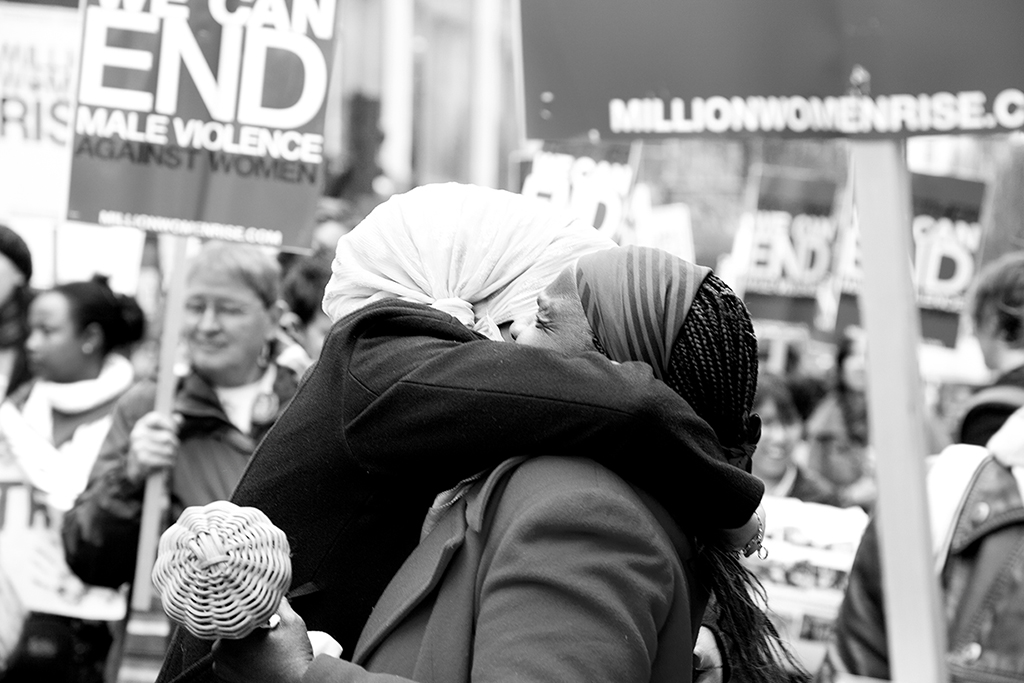“Sometimes I still hear him talking in my ear but these days I say, no chance mate, no more.”
When I was first approached Newport Women’s Aid some years back with a project idea, I felt strongly about telling a real story through photographs. One that showed a different side to the usual images depicting despair and bruises, normally used to illustrate domestic abuse. I wanted to tell a story about empowerment and choice, about how a group of women there had fearfully but courageously walked out of their ‘safe’ and secret domestic war zone to break that secret. To honour themselves with a new beginning.
Like a lot of people, I mainly thought of Newport Women’s Aid as providing a helpline and refuge in a time of crisis. This is true, they do. However, I quickly realised that there was much more going on behind the scenes to support them further into a safer life, beyond that first crucial phone call.
“He keeps sending me parcels in the post” said a woman who left her abusive partner the year before. “One came from Amazon – it felt like he was back in my house again. So I told myself, it’s only a book, he can’t hurt me anymore.”
The Freedom Programme was devised by Pat Craven, and is now used by many women’s aid centres as a weekly rolling programme. Each session covers the typical personality traits of the perpetrator. It’s a chance for women to drop in, listen, realise and share their own experiences. When I joined them for my first session, I became completely overwhelmed at how brave these women really are. Being faced with a list of traits connected to their very own abuser, and watching the realisation dawn upon them, was such a powerful experience. It was incredibly humbling to be part of.
I didn’t take my camera out of the bag during these early sessions, I just listened, acknowledged, then quietly went off to sit in my car afterwards to reflect some reality of what they’d actually gone through. I can only now admit here, that I sat in the privacy of my car and sobbed… partly in disbelief and frustration that this happens, but mostly for their bravery, for the new life they’re determined to find.
“When I said I was going to leave him he locked me in my room” said one women during a Freedom Programme session. “Then it was my birthday and we had some mates around, so I waited until they all got really drunk and fell asleep. That’s when I left” she added, “I walked out and came here, that was my birthday.”
During this year-long project, I joined in many Coffee Morning workshops. Not your typical coffee morning I might add, these involved self defence lessons, yoga classes, even discovering the art of origami. These were mindful, connective and most importantly, safe and creative spaces for them to explore themselves and become the women they know they really are.
Over time, these amazingly strong and beautiful women started greeting me with hugs and wise-cracks about how they see life these days – we even had an impromptu ‘book club’ one morning and discussed Fifty Shades of Grey while decorating our cup cakes.
It was a euphoric moment for me as a documentary photographer, that these women knew I was there and felt safe with me being among them. I was trusted.
Some of these women are still with their abusive partners, but the light and laughs that these workshops bring give them another focus, a release and place to meet up with friends.
The women here are not the only ones affected by domestic abuse. Their children suffer too, with equal loyalties between both parents. Huge behavioural challenges and struggles with expressing what they feel and what they can do with these bottled up emotions.
“I’m a boy that came to the Hands Off group and I enjoyed it. I hope you enjoy it like I did”
The Hands Off group is an emotional and bonding journey for mothers and their children spanning ten weeks. It gives each child the chance to voice their own feelings in a space that’s nurturing and encouraging. They deserve their own empowerment, and watching them make wishes for the future and write letters of hope for the next group, reminds me of what a safe and grounded childhood I had. They all deserve this childhood. Grown from this, Newport Women’s Aid now give preventive workshops to target-aged school children, to help guide them to know what feels right and wrong when forming relationships.
Anonymity for most of the women and all of the children that I photographed has been crucial, but building up relationships with them was even more so. Their hands became their portraits to me as they created and worked together. Whether it be making a giant mosaic piece, or their legs being photographed as they learned some self-defence moves and practiced yoga. I photographed them from behind in the refuge, was careful not to show any distinctive tattoos or body markings of those that weren’t ready to be identified before being ready to face the world once more.
I will feel forever privileged that they’ve let me share a part of re-building their lives.
“yes means yes and no means no”
Being part of this community project saw me introduced to a more world-wide movement. To educate and give a united voice to what still happens across the world in terms of violence and abuse against women. One experience saw me joining the annual Million Women Rise march in London. It’s very much a peaceful and creative protest with women and children gathering from all corners of the world, walking through centre London singing their chants and holding high their colourful banners with some very clear messages to the world about their future. I’ve taken part in it a few years running and more recently taken my young daughter to experience.
I’m proud that the legacy of this project continues for me. I get to use my craft and take part in awareness days and conferences, to help to visually tell how far a journey these women have journeyed. These are events that continue to create and educate, with survivors’ stories at the heart of them. Most importantly, it continues to open my eyes wider still, especially as a mother to a young girl, to the responsibility we all have in raising strong, aware and compassionate children. In educating them to understand what what a healthy relationship should look and feel like, one step at a time.

